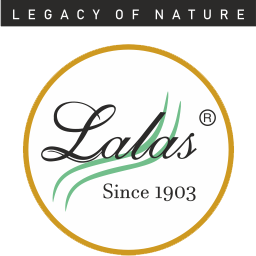Bergamot essential oil, extracted from the peel of the bergamot orange (Citrus bergamia), has a light citrus scent with floral notes that are said to have healing properties. Commonly used in aroma therapy to elevate mood and alleviate stress, bergamot oil is also said to have characteristics similar to grapefruit essential oil in that it is antiseptic, antispasmodic, and analgesic (pain-relieving), possibly offering some benefit for health issues like skin infections. It also has some utility to relieve higher cholesterol.
Some practitioners add bergamot oil to water for use as a health tonic, while others recommend using it topically or orally. However, it's worth noting that bergamot oil is known to cause side effects and interactions, particularly when used in excess.
Bergamot essential oil is typically sold in cobalt blue bottles with a dropper cap. The coloured glass reduces oxidative damage caused by UV radiation by sunlight.
If used topically, bergamot oil used should be diluted with a cold-pressed carrier oil. The proportion of essential oil to carrier oil can vary based on your skin type, but some organizations, like the International Fragrance Association (IFRA), recommend no more than 0.4% bergamot oil for leave-on skin products.
0.4% bergamot massage oil can be made by mixing two to three drops of bergamot essential oil with one fluid ounce (30 ml) of a cold-pressed carrier oil, lotion, or vegetable butter.



